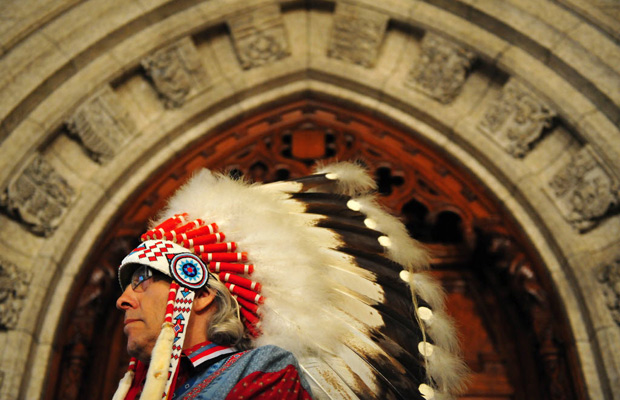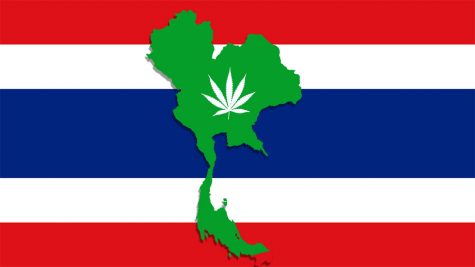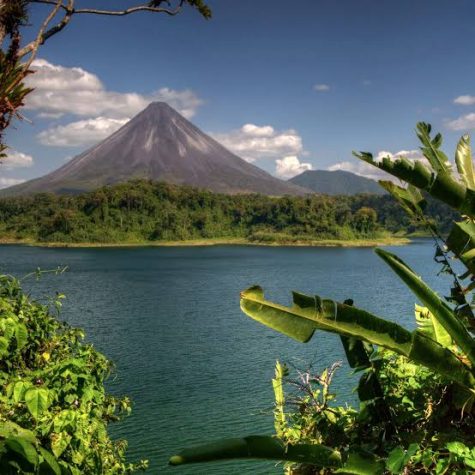Legal cannabis could reinvigorate indigenous economy, former AFN chief says
Former Assembly of First Nations chief Phil Fontaine says indigenous community involvement in the Canadian legal cannabis industry will make them strong, healthy, vibrant places.
One hundred First Nation communities and enterprises are interested in the venture, but the stigma against cannabis remains.
The former chief also argued tribe involvement in the private sector can be a major turning point for reconciliation and self-sufficiency, highlighting the positive economic impact the industry can have on tribes.
“It’s really about moving away from being dependent on government and creating our own capacity, our own source revenue so that we’re in a position to make our own investment decisions that will be beneficial to the interests of our communities and citizens,” Phil Fontaine told the National Post
Fontaine also mentioned indigenous communities can build more jobs and succeed as sovereign nations by taking control of their local economy using the cannabis industry.
He said the indigenous communities have been “underserved” with health care and the lack of medical cannabis until recently. Reconciling this issue would mean building the First Nations up to a pinnacle of self-reliance and revitalizing the community.
“Poverty has paralyzed our communities for a long, long time and so we need to move away from that,” the former chief added.
Fontaine also looks forward to July 1, 2018 when cannabis becomes legalized and indigenous tribes will have the chance to become a key player in the social cannabis industry.
“It’s really believing in ourselves, trusting in our abilities and making every effort to make a real contribution in our own right.”
















